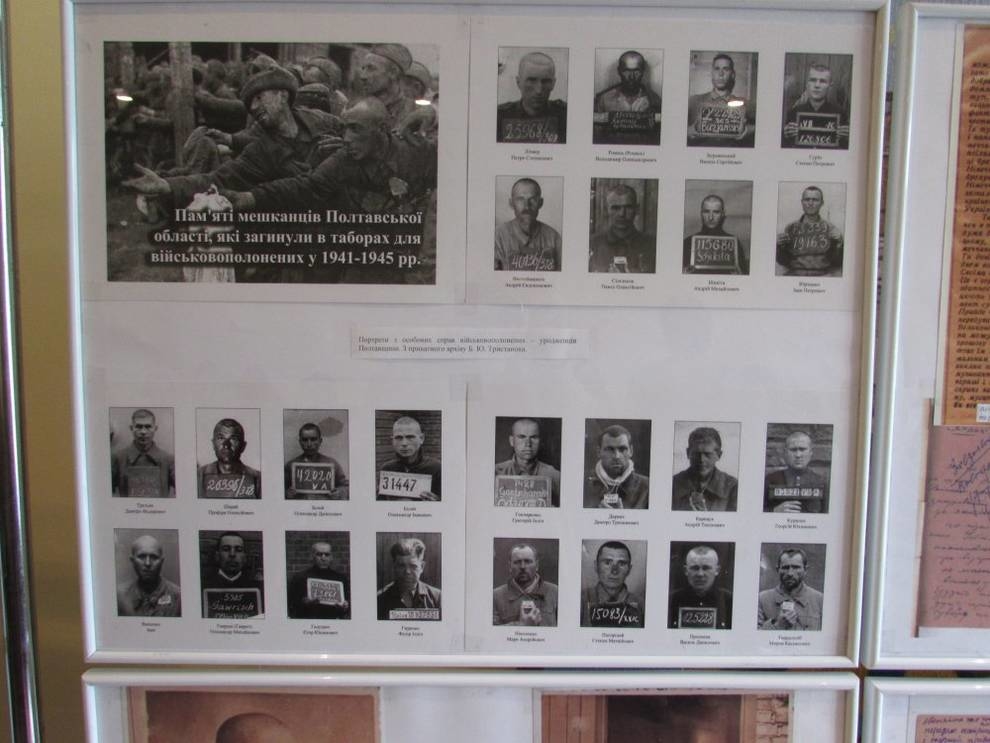
They showed archival documents about the crimes of the Third Reich in Poltava region

Photo © gazeta.ua
On May 7, 2019, the exhibition “Crimes of the Third Reich. Poltava region”.
“We hold such an exhibition every year. We collected newspaper clippings, photographs of those times, various documents, orders and orders, German campaign materials. When we talk about the early 40s, we must understand that this is a period of crime. They carried the Third Reich and the USSR. In the Poltava region, Germany’s policy was tougher than in Galicia,” said the historian and local historian Taras Pustovit.
On the stand, among other things, was a German guideline, which explained how to behave in the occupied territory. It explained what to do to local Jews, how people were punished for violations, who were taken to the local authorities.
“The authorities created from local residents recommended taking those who suffered from the Bolsheviks. At first, the population was well received by the Germans, they recalled the times of Hetman Skoropadsky. But this optimism quickly disappeared,” added the historian.
Campaign leaflets, which were on the stands, told about all the charms of work in Germany. It said that this is a great opportunity to join the European culture and high wages. But from the letters from the Ostarbeiters to their homeland, it soon became clear that the working conditions in the Reich were very difficult.
The original cases of prisoners of war from the Dulag 151 concentration camp were also shown. This was one of the 146 concentration camps in Poltava region.
“A set of documents of prisoners of war represents the fate of these people. We know that in Dulag 151 they killed people. He was in the territory of the future "art warehouse", near the monument "Grieving Mother". Unfortunately, the exact plans of the camp has not been preserved. Now we have, how are the captives and Ostarbeiters. The archive was transferred to them by the Security Service of Ukraine. Only about 100,000 cases,” says the historian.








